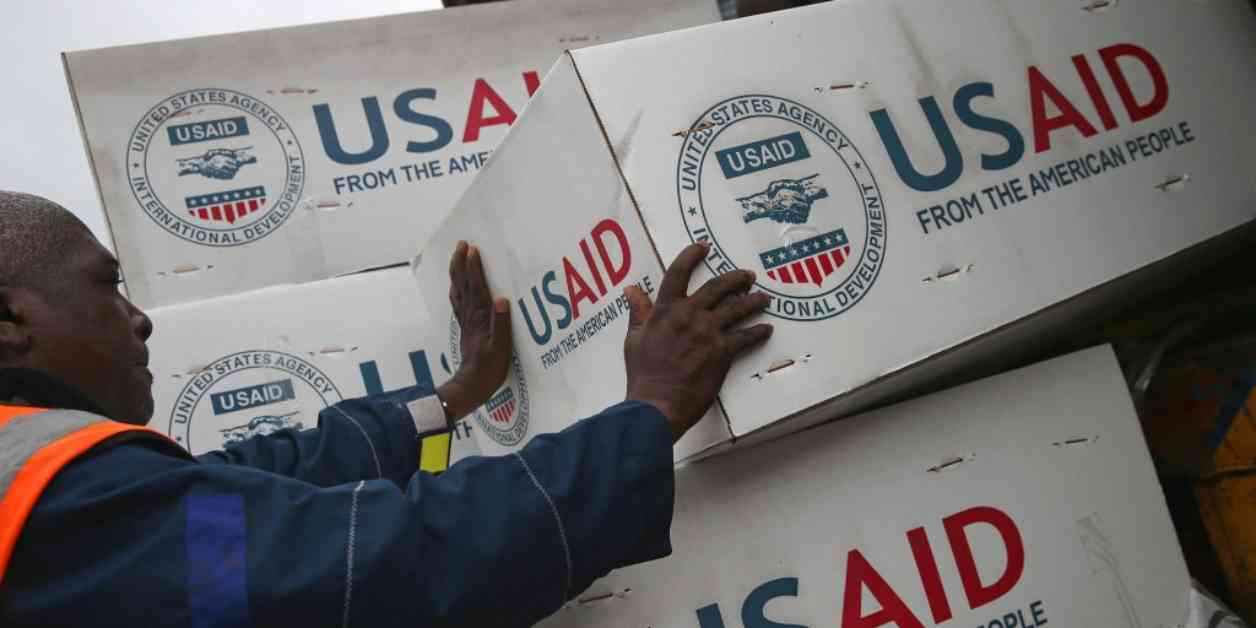A federal judge recently approved the Trump administration’s move to eliminate thousands of U.S. Agency for International Development (USAID) workers from their positions, sparking controversy and legal challenges. U.S. District Judge Carl Nichols denied a request for a preliminary injunction from labor groups, allowing the administration to proceed with placing USAID employees on administrative leave and directing personnel abroad to return to the U.S. within 30 days.
Legal Battle Unfolds
Nichols’ ruling followed a contentious legal battle between labor groups and the government over the fate of USAID employees. The American Foreign Service Association and the American Federation of Government Employees first filed a lawsuit, arguing that the dissolution of USAID would have dire humanitarian consequences, including the halt of crucial programs to combat diseases like malaria and HIV.
The judge’s decision to deny the injunction dealt a blow to the unions’ efforts to protect USAID staff and preserve the agency’s vital work. While the ruling allowed the Trump administration to move forward with its plans, it did not diminish the unions’ commitment to fighting for the safety of Americans both at home and abroad.
Implications for USAID and Government Workforce
The Trump administration’s move to significantly reduce the federal workforce, including USAID employees, has drawn criticism and raised concerns about the future of government operations. Tech billionaire Elon Musk’s Department of Government Efficiency has played a pivotal role in advocating for these cuts, aiming to streamline government spending and operations.
Musk’s controversial statements about USAID, including referring to the agency as “a criminal organization,” have added fuel to the ongoing debate about the government’s role and responsibilities. As the administration pushes forward with its plans to downsize the federal workforce, the implications for agencies like USAID and their crucial missions remain uncertain.
The White House’s silence on the judge’s ruling and the broader implications of the workforce reductions underscore the complexity and contentious nature of government restructuring efforts. As the legal battle continues and stakeholders on all sides remain steadfast in their positions, the future of USAID and the federal workforce hangs in the balance, with far-reaching implications for both domestic and international interests.
Zoë Richards, a seasoned politics reporter for NBC News, has been closely following the developments surrounding the USAID controversy, providing expert analysis and insights into the legal, political, and humanitarian dimensions of the issue. Her in-depth reporting sheds light on the complexities of government operations, the challenges of workforce reductions, and the broader impact on global initiatives and U.S. interests. Through her comprehensive coverage, Richards offers readers a nuanced perspective on the ongoing debate over USAID’s future and the implications for American diplomacy and foreign aid efforts.
The court’s ruling on the USAID workforce cuts marks a pivotal moment in the ongoing debate over government restructuring and workforce reductions. As legal battles continue and stakeholders grapple with the implications of these changes, the fate of USAID and its critical mission remains uncertain. The decision to deny a preliminary injunction highlights the challenges and complexities of balancing competing interests and priorities in the realm of international aid and government operations. In the weeks and months ahead, the unfolding developments surrounding USAID and the federal workforce will continue to shape the landscape of U.S. diplomacy, foreign aid, and global engagement, with far-reaching consequences for American interests at home and abroad.


